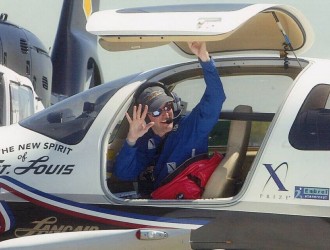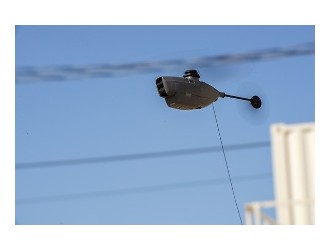
A new study shows that video game players could make better drone pilots than general aviation pilots.
For the study, designed to help address the shortage of pilots to fly unmanned aerial systems (UAS), researchers from the University of Liverpool tested the abilities of gamers, professional pilots and general aviation pilots.
The 60 participants took part in a simulated civilian cargo flight designed to assess their levels of accuracy, confidence and confidence-accuracy judgments (W-S C-A), according to the researchers.
The participants made 21 decision tasks, which varied across three levels of danger and risk.
As danger increased, levels of confidence, accuracy and the relationship between how accurate the decision was and the level of confidence applied to those decisions, decreased, according to the study’s findings.
The dangerousness of the decision also affected how confident participants were when choosing to intervene or rely on the automation. The study found that confidence was lower when the pilot chose to intervene.
Professional pilots and gamers exhibited the highest level of decision confidence, with gamers maintaining a constant and positive W-S C-A relationship across decision danger/risk, according to the study’s findings.
All groups showed higher levels of decision confidence in decisions controlled by the drone in comparison to decisions wher the pilot manually intervened.
“Understanding which potential…group has the best skills to make the best decisions can help to improve UAS supervision,” said Dr. Jacqueline Wheatcroft, who led the research. “Overall, video game players were less overconfident in their decision judgments.
“The outcome supports the idea that this group could be a useful resource in UAS operation,” she noted.





